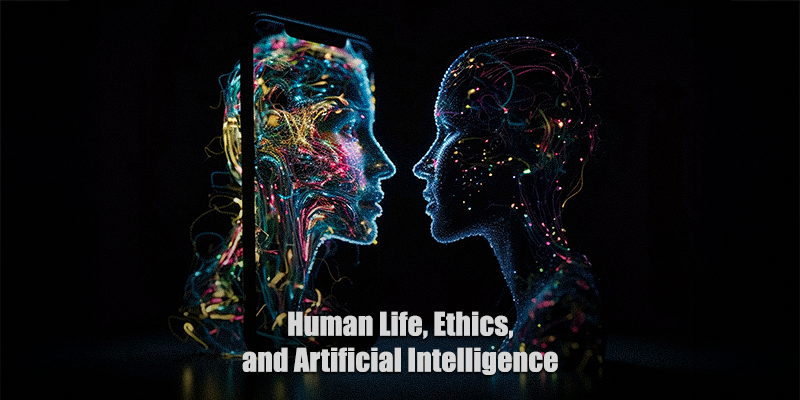Editor’s Note
Dr. Sujata Mukherjee teaches General Management at Globsyn Business School – one of the best business management colleges in Kolkata. With over 22 years of experience in teaching and academic administration, Dr. Mukherje’s teaching interests lie in the areas of Corporate Social Responsibility/Corporate Sustainability, Business Ethics, Research Methodology, Strategic Management, Corporate Governance, Industry Competitiveness, and Landscape Analysis. Her research interests lie in the areas of Women Entrepreneurship, Business Ethics, and Corporate Social Responsibility. She has published widely in ABDC-listed journals as well as in Ivey Publishing. Dr. Mukherjee has also been trained at the Harvard Business School on Participant-Centred Learning for using the case method pedagogy as a teaching-learning tool for management education. She has also been trained by Capsim to run the Capstone Business Simulation for MBA graduates.
‘The World is Flat’ the best-selling book of Thomas Friedman describes the hastening pace of changing business, economic and political landscape. Friedman employs the image of a “flat world” to convey that neither distance, time, geography or national boundaries create artificial barriers to business and trade. The author opines that constructing a flat world is the direct result of computer and internet-related technologies. Even the fall of the Berlin Wall and the opening of Eastern Europe is attributed in part to the information revolution. Not surprisingly, the technological revolution has brought with it as many challenges as opportunities. Many of these challenges raise ethical questions, particularly as technology impacts human life.
Ethics hailed as an oxymoron is now a boardroom agenda and on the priority list of all CEO. Chester Bernard in his landmark book ‘Functions of the Executive’ proclaims “It seems to me inevitable that the struggle to maintain cooperation among men should as surely destroy men morally as battle destroys some physically”. This is even more so in the world that we live in today. The rapidly changing world-evolving technological landscape is constantly posing unique challenges around matters related to privacy, equity, transparency and accountability. A Deloitte report on ethics and trust in technology reveals that while business leaders are aggressively moving forward on implementing and using emerging technologies, 90% lack a framework to support the implementation of ethical principles to guide its development and use. Respondents (54%) of the study believe that cognitive technologies pose the most severe ethical risks of emerging technologies, with top concerns for Gen AI being data privacy, transparency and data provenance. Another similar study done by the Institute for Technology, Ethics and Culture found that 82 % of respondents to the survey care about the ethics of AI. The question which arises is why is ethics so important? We as human beings, are we not supposed to take into consideration ethics while we are deciding or making a choice?
Even though decades have passed, and other scandals have occurred worldwide, Enron Corporation’s collapse in 2001 is still referred to as the watershed event in this century’s business ethics news. Ethics and values since then have seldom strayed from the front pages of the press. However, many in the business world opine that ethics is a mixture of sentimentality and personal opinion that interfere with the efficient functioning of business. Who identifies ‘right’ and ‘wrong’, and if no law is breached, who will “punish” the “wrongdoers”? This approach, according to a Gallup Poll has left business executives as one of the lowest-ranked professionals in terms of trust and honesty. CEOs have started realizing that they can no longer afford this approach in contemporary business. The direct costs of unethical business practices are more visible today than perhaps they have ever been before. The sub-prime crises led the world economy into a downward spiral leading to the real estate values in most markets declining sharply, the domestic credit market freezing and governments having to intervene with rescue packages.
The question today is less about why or should ethics be a part of business, rather they are about which values and principles should guide business decisions and how should ethics be integrated within the business. It is important to understand that beyond specific legal obligations, organizational sustainability is reliant on ethical decisions in myriad ways. Unethical behaviour not only creates legal risks for a business, but it also creates financial and marketing risks as well. In today’s digital era ethics plays an important role due to the all-pervasive nature of technology as it can impact individuals, communities and global systems.
The transformative journey of digital life was envisioned decades ago by J.C.R. Licklider in his 1960 paper ‘Man-Computer Symbiosis,’ where he foresaw a future of seamless collaboration between human minds and computing machines. Today, this vision is becoming a reality as AI reshapes our capabilities. While AI amplifies human effectiveness, experts also warn about potential risks to autonomy and agency. Elon Musk’s observation that AI might ‘create a situation where no job is needed’ highlights its unprecedented disruptive potential. Hence, ethics becomes important in this context.
Humankind must approach the use of AI with caution and responsibility, given the multifaceted challenges associated with its deployment. AI systems, while powerful, can inadvertently perpetuate biases embedded in the data they are trained on. This can lead to discriminatory outcomes in critical applications like hiring, criminal justice, and resource allocation. Similarly, AI-powered surveillance raises significant concerns about privacy erosion, as these systems increase monitoring capabilities, often at the cost of individual freedoms. Another challenge lies in automated decision-making, where AI blurs accountability for public officials, making it difficult to attribute responsibility for errors or unethical outcomes. The ability of AI to generate misleading content at scale has the potential to influence public opinion and undermine democracy. Beyond these societal impacts, AI also challenges existing regulatory frameworks, as traditional oversight methods struggle to keep pace with its rapid advancements. Adaptive and forward-thinking regulatory approaches are essential to address these complexities effectively. Addressing these challenges requires a holistic, collaborative effort involving technology developers, policymakers, ethicists, and the broader society to ensure that AI serves humanity equitably and sustainably.
Keeping this in focus, Globsyn Business School has designed courses to highlight the relevance of ethics & AI and its relevance in the life of a manager. The course on Business Ethics and Corporate Governance, for example, guides students unfamiliar with the basic concepts and categories of ethics. If not trained, they will find themselves unprepared for careers in business as students who are unfamiliar with Accounting, Finance, Marketing, Human Resource, Business Analytics and Management, unless they are familiar with the ethical issues that arise within those specific fields.

Dr. Sujata Mukherjee
Faculty – General Management
Globsyn Business School


